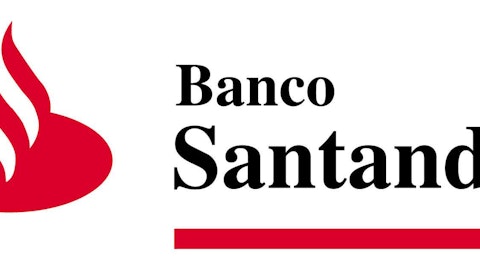Today is the first day of September. You will see lots of articles mentioning the dreaded September Effect. In terms of stock market returns September is the worst month of the year. Over the past 83 years, September had the lowest average returns, has been the only month with negative average returns, absolutely the worst month ever. Is that so?

Before rushing to sell all your stocks, let’s scrutinize the September effect together. It is a fact that September had the lowest average return among all 12 months. Whenever we have a ranking of returns, somebody has to be at the bottom and somebody has to be on top. This is the nature of rankings. It might just be coincidence that September is the worst month and January is the best month (Is January really the best month in terms of average stock returns? I will answer this question shortly). Considering that September had the worst average returns by a large margin, I expect to see September at the bottom of the list when we calculate the returns by decades. If September is consistently the worst performing month, then we are on solid ground to claim that there really is September effect. Here are the list of worst months by decade.
As you can see, August is the worst performer in two of the 8.5 decades. January and December were never the worst month in any of the decades. September is the worst month during the 80s but that’s it. So September effect is inconsistent at best.
Whenever, someone discovers a statistical fluke and makes a big deal out of it, that statistical fluke either completely disappears or weakens dramatically during the following decades. Let me give you an example: the famous January Effect. Michael Rozeff (who btw declined to work with me on insider trading when I was a graduate student) published the January Effect in 1976 simply because it had the highest average return in the past. He also had a plausible explanation: investors sell losers in December and buy them back in January. So, since tax selling is strong enough to lift returns in January, it must be strong enough to depress returns in December. Right? Wrong. Over the 1926-2009 period, average return in December was 1.71% whereas average return in January was only 1.36%. During the past decade, average return in January was NEGATIVE 1.6%. What an effect!!!
September effect is similar in nature. Here is a graph showing average September returns for 1926-1990 and 1991-2009 periods:
You don’t find my argument convincing enough and think that history is the best guide to navigate in the stock market? Then you should not look at average returns but utilize conditional returns. What was the average return in September when stock market declined by more than 5% during the first 8 months? The answer is a stunning -4.0% in the 1926-2009 period. September returns are horrible when stock market loses more than 5% during the first 8 months. Considering that Roubini Sentiment Indicator also telling to sell stocks until September 12, the picture looks pretty grim for September :).




